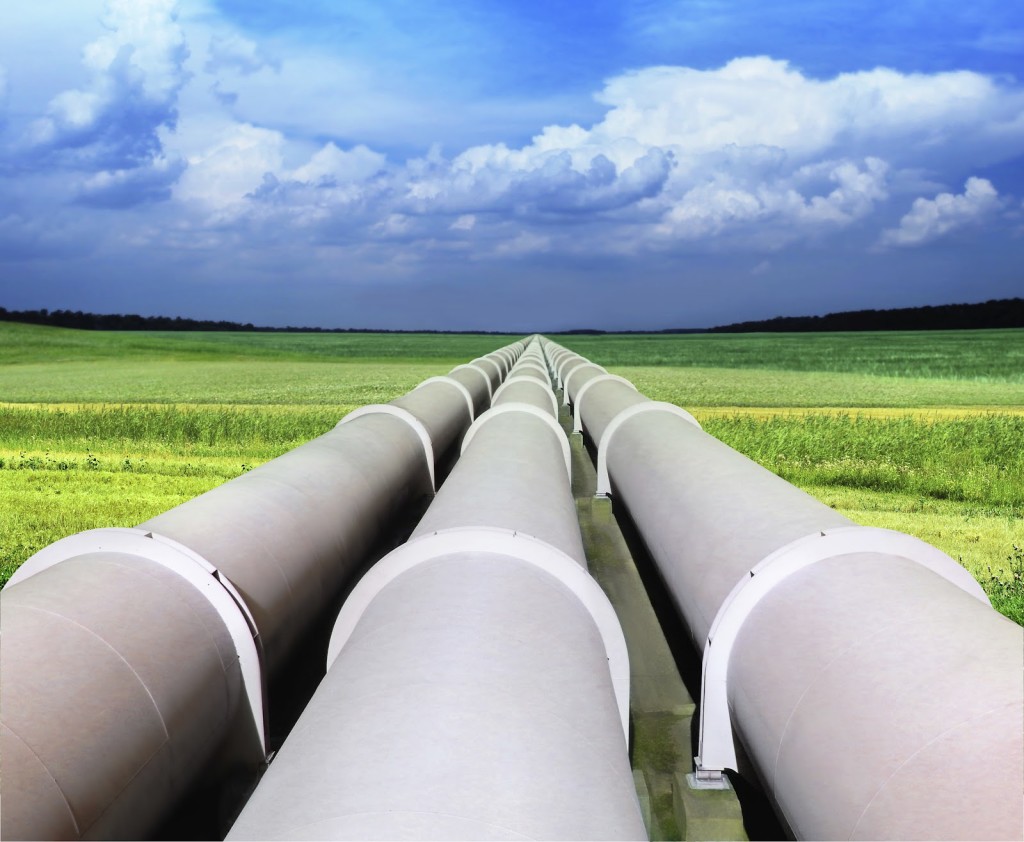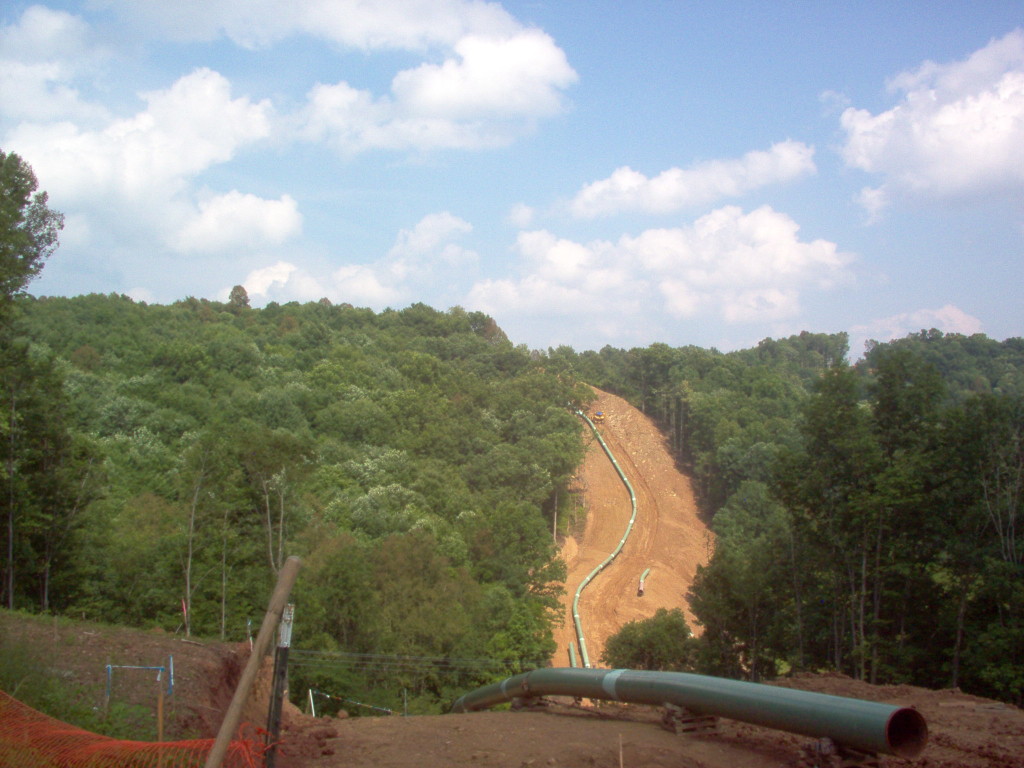
The steep drop in energy prices is a really good thing for most everybody, but a bad thing for mineral owners and those few poor lawyers who make their living helping mineral owners. We won’t cry over it, we’ll just work a little harder and a little smarter, just like all the drillers are.
Down in New Jersey, residential and small commercial customers are getting a rate reduction in their natural gas bill, and a credit back on their statements. How cool is that?! When’s the last time anybody was happy to see their gas bill?
The really awesome thing is, it’s mostly due to unprecedented output of natural gas in the Marcellus and Utica shale areas. We’re proud to be a small part of that. The other factor has been the increased production from Saudi Arabia as it tries to keep its share of the oil market and drive American oil developers into bankruptcy. Everyone can see the direct effect on prices at the gas pump.
The great news is that low energy prices are going to heat our economy back up. We think that one of the reasons the fed raised interest rates for the first time in years is because they see the economy taking off, in part to low energy prices. Low energy prices make manufacturing and petrochemical industries in the United States more competitive. It also makes it easier for transportation companies to make ends meet. It also makes it easier to take that Great American Road Trip, and more interesting to buy big gas guzzlers. It also puts a few more dollars into the wallets of every consumer. All of the above will translate into jobs and greater energy demands. It’s going to take a while, but low energy prices are going to help improve our economy, which will drive demand for energy back up, which will drive the price of energy back up.
The disappointing part of low energy prices is that it will drive down the demand for renewable energy sources. I’m no tree hugging environmentalist, but I still think renewables are cool and would like to see that industry take off.
In the meantime, we hope that people will take a look at gas prices and decide to go visit both sets of grandmas this Christmas, and turn the heat up a bit.




